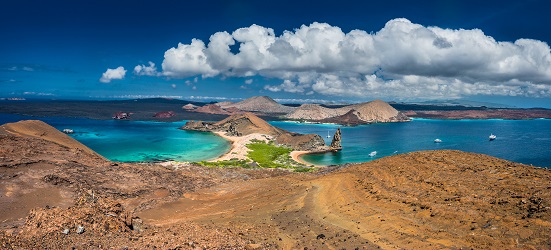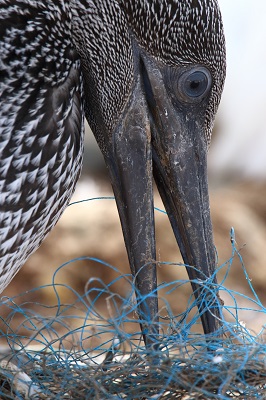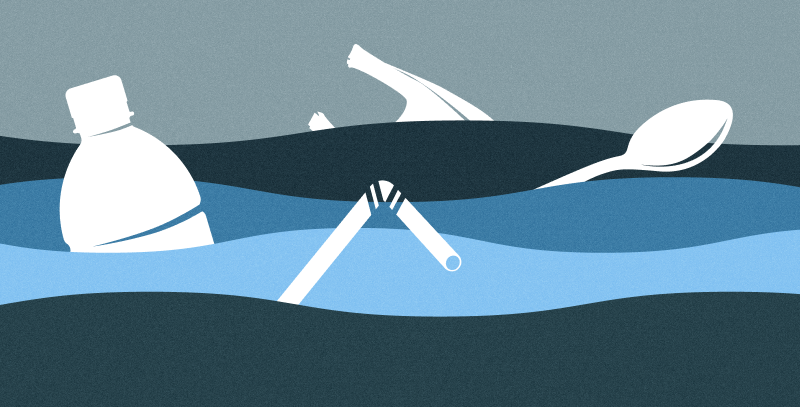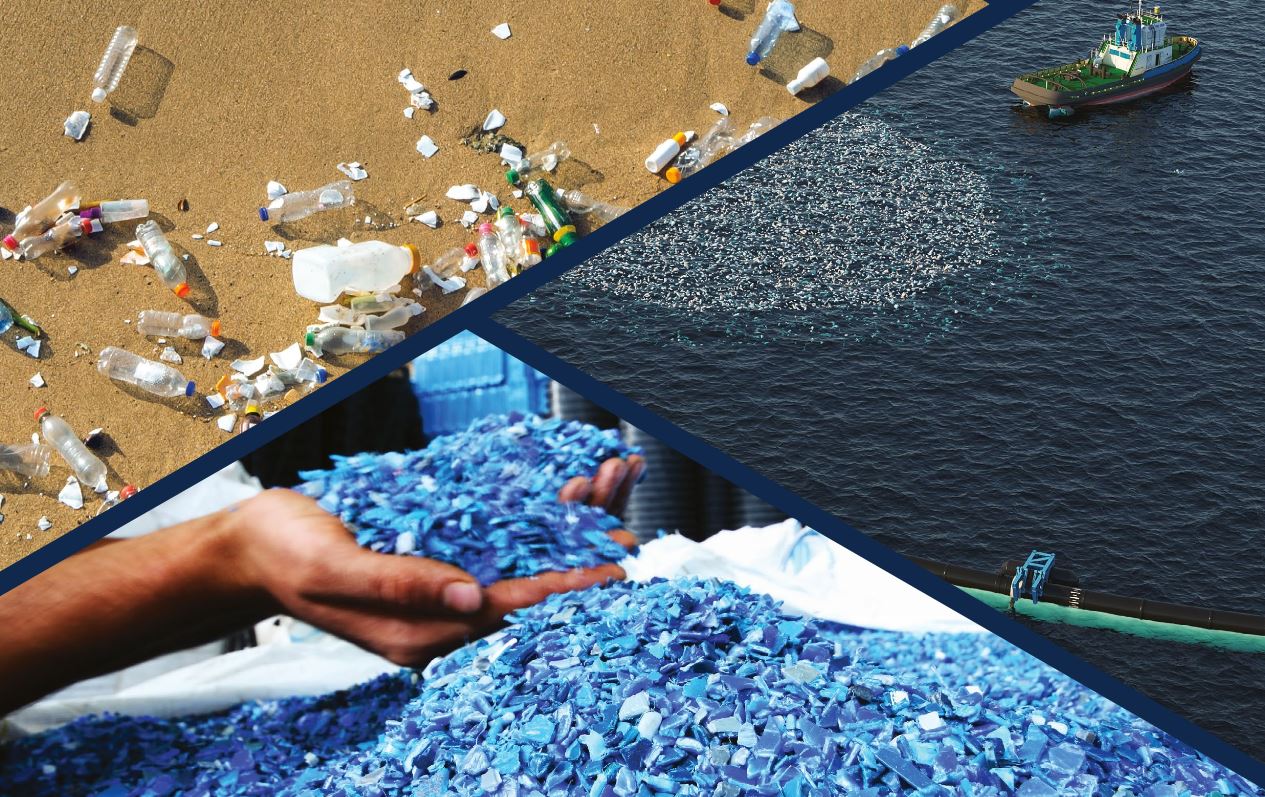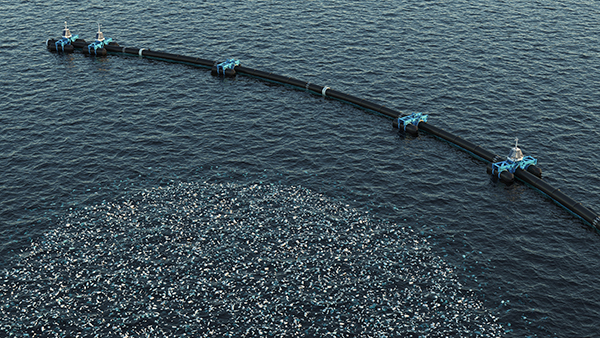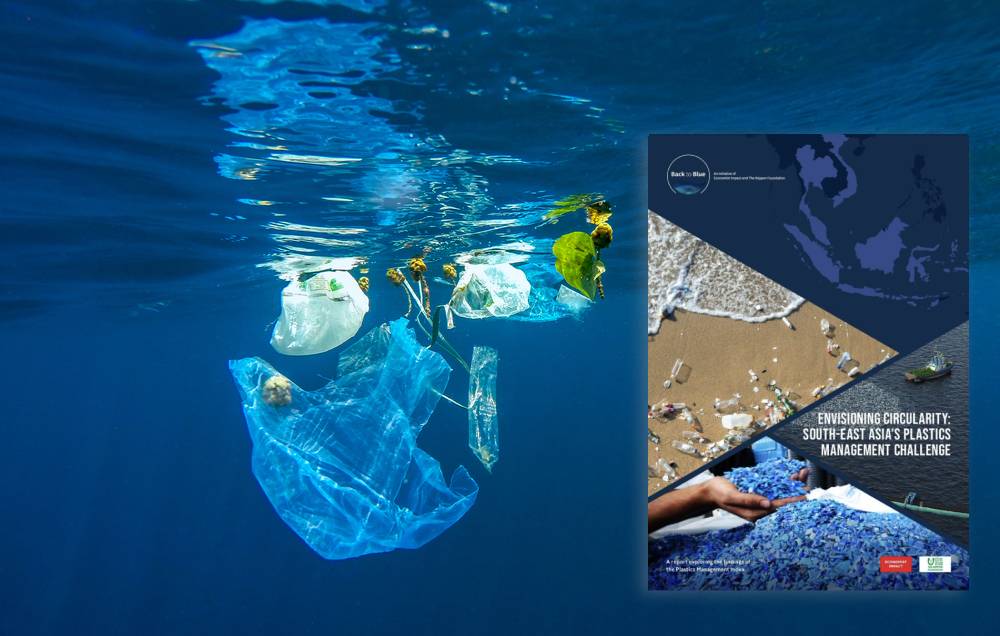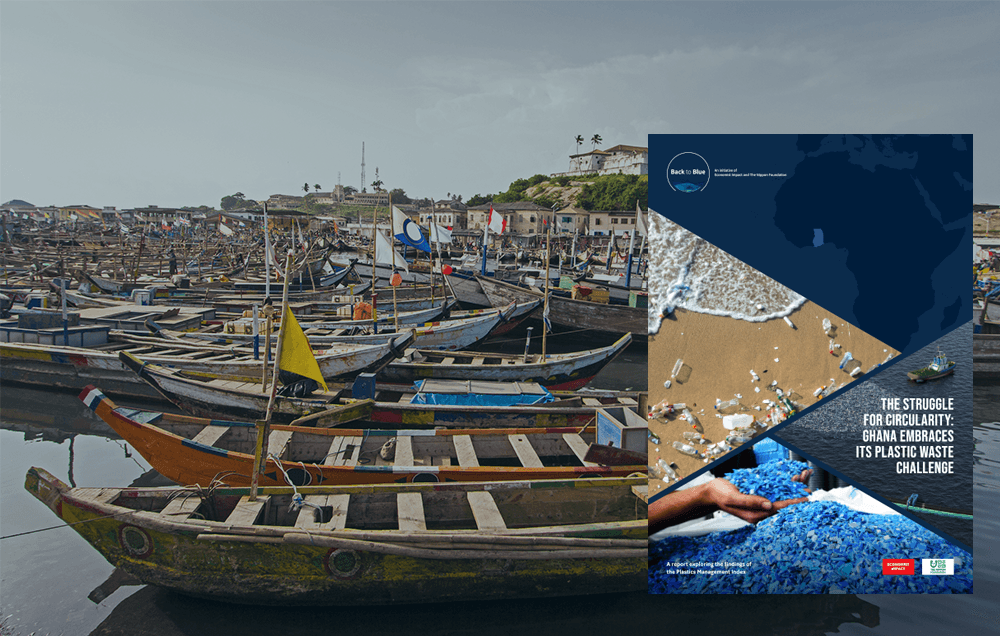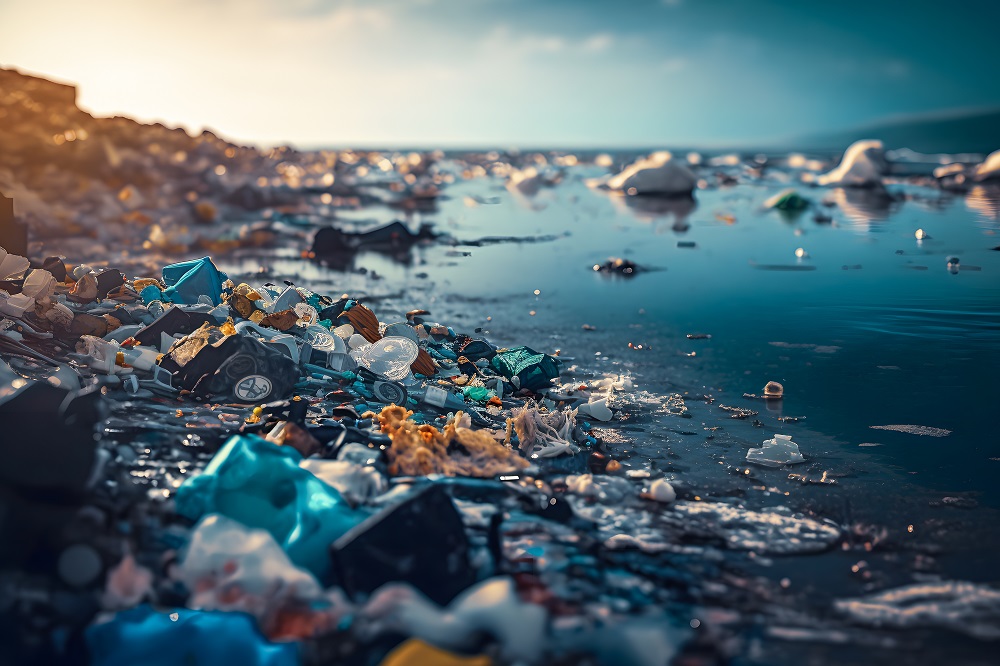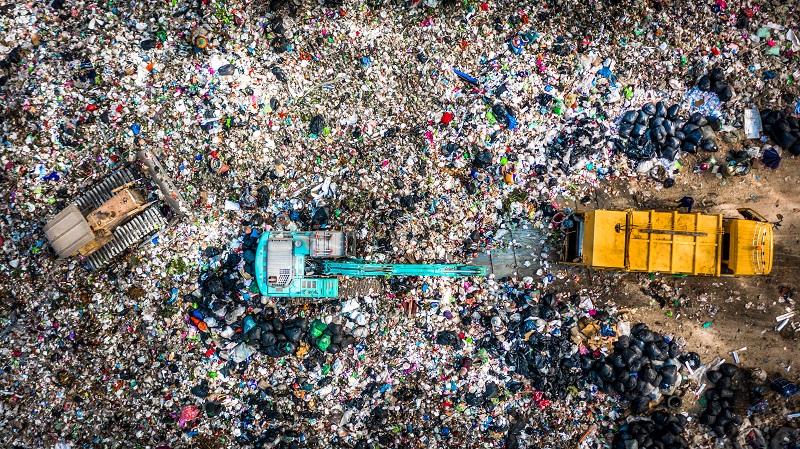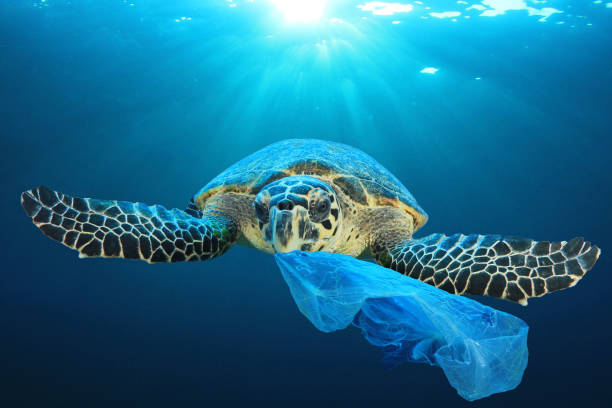A pact on plastics
At the end of November, an intergovernmental committee will convene in Uruguay for the first official meeting of the UN plastics treaty, an endeavour agreed on in March in Nairobi. Their goal is to deliver a legally binding deal to end plastic pollution by 2024.
Inger Andersen, head of the UN Environment Programme, called the treaty the most important multilateral agreement since the Paris climate deal. As with that deal, the devil is in the details. Back to Blue talked to three leading experts about what the treaty could mean and how to set it up for success.
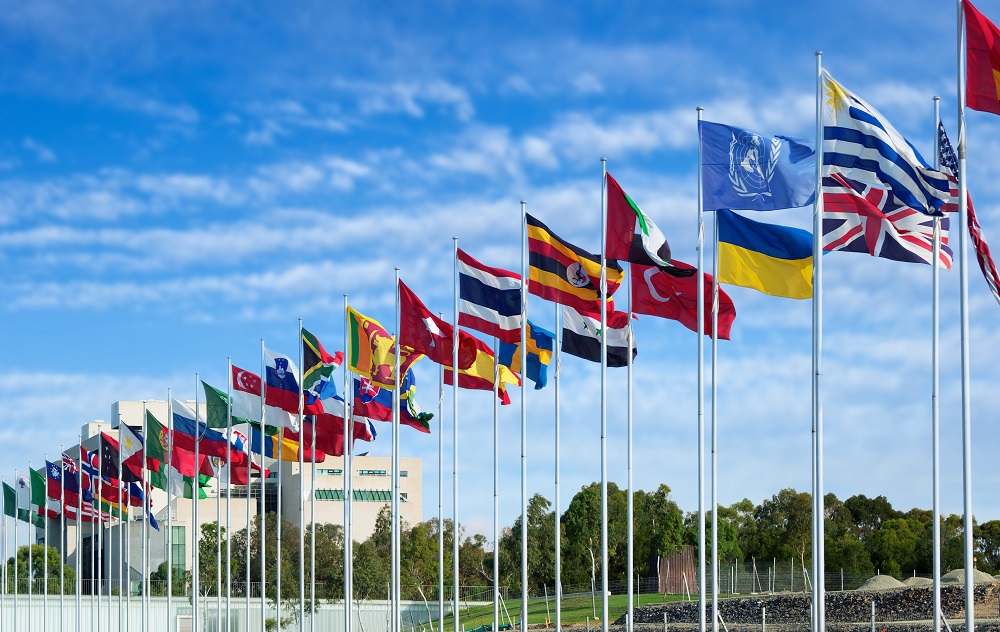
Why a treaty, and why now?
The Nairobi agreement to forge a global treaty was described by UNEP’s Ms Andersen as a “triumph” by planet earth over plastics. Steve Fletcher, professor of ocean policy and economy at the University of Portsmouth, told Back to Blue it was not a surprise move. For the last seven to eight years, he says, there have been increasing efforts to tackle the plastics crisis with successive resolutions through the UN Environment Assembly.
An international deal matters because plastics are a cross-border problem as waste works its way through rivers and across coastlines. Luis Vayas Valdivieso, vice minister of foreign affairs at Ecuador’s Ministry of Foreign Affairs, tells Back to Blue that his country has taken national legislative and policy steps to reduce plastic pollution, cracking down on single-use plastics and promoting the circular economy, but that is not enough.
“We have north and south currents coming into the Galapágos Islands, which are bringing in plastic pollution,” he says. As one of the world’s most biodiverse nations, the negotiations are “very important” for Ecuador. The country is working with regional partners to tackle the problem, including an agreement on a marine corridor with Colombia, Panama and Costa Rica and similar discussions with Peru and Chile. But in the long run, he explains, “we need a global solution for a global problem.”
“We have north and south currents coming into the Galapágos Islands, which are bringing in plastic pollution,”
– Luis Vayas Valdivieso, vice minister of foreign affairs at Ecuador’s Ministry of Foreign Affairs
The same dynamic is evident in Asia. “Indonesia is taking bold actions, because they are the world’s largest archipelago, but if their neighbouring countries don’t take action too, they will continue to deal with the rubbish washing up on their shores,” says Kristin Hughes, director of the Global Plastic Action Partnership. Today’s patchwork of national and industry pledges to tackle plastic pollution will not be sufficient. “If we put all these commitments together we’d only see a reduction of 7% of plastics pollution. We need an international agreement.”
Plastic pollution has different dynamics to emissions. A single piece of plastic is the product of a supply chain that can span dozens of countries, from the petrochemicals extracted for manufacturing the products and recycling. “One of the differences with the Paris agreement is that the value chain of plastics is extremely complex and international,” says Professor Fletcher. “That’s quite different to the Paris agreement or accords on chemical safety.”
The task facing negotiators is huge. First, consider the timeline, which all experts agree is ambitious. “When we adopted the resolution, we were clear we wanted a treaty by the end of 2024 and to sign in the beginning of 2025,” says Mr Vayas. To place that in context, the Minamata Convention on Mercury, a similar treaty in terms of focus, took over four years and was considered “a fast treaty.”
But as Professor Fletcher points out, “the political commitment to sort it out is very strong and this timeline hasn’t been imposed on countries. It was included in the mandate that established the process so they must think it’s achievable.”
“the political commitment to sort it out is very strong and this timeline hasn’t been imposed on countries. It was included in the mandate that established the process so they must think it’s achievable.”
– Professor Fletcher
Then comes the goals and language of the treaty itself. Ending plastic pollution might seem a clear enough target, but it requires definitional clarity, says Professor Fletcher. “Does that mean net zero, or absolutely no plastic pollution anywhere across the life cycle? Or if there is some, it has to be cleaned up? There needs to be further unpicking of what the goal will be.”
Ms Hughes wants the treaty to balance its focus on upstream and downstream. “We cannot recycle ourselves out of this mess,” she says, calling for attention to issues like transition financing, extended producer responsibility, metrics and reporting, and behaviour change. “If these talks focus on the downstream aspect, it would be a missed opportunity.”
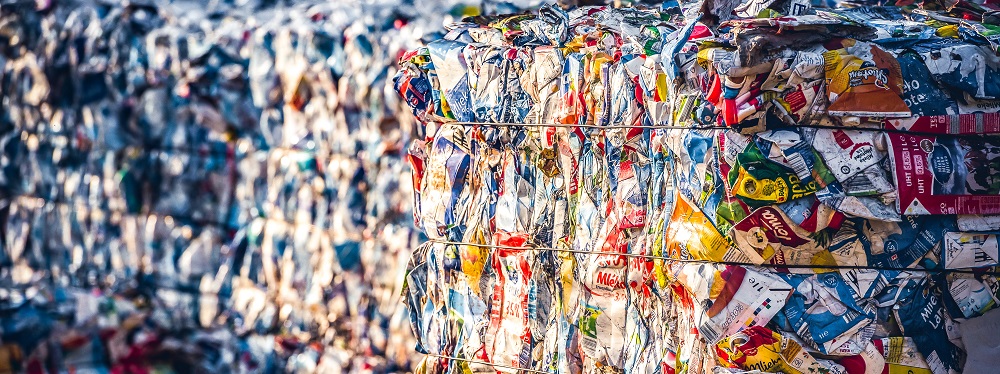
From scientists and academics to the informal sector and the business community, inclusion will also be critical in shaping a successful treaty. There are positive signs already. The first day of the meeting will be an open-access, multi-stakeholder dialogue where anyone can share ideas, practices or concerns. But this kind of inclusion needs to be structured and proactive.
In the global south, for instance, there are “a lot of people working in informal recycling as waste pickers—millions of people around the world. We have to think about them as we negotiate,” says Mr Vayas. A large informal waste sector delegation attended the meetings in Senegal and should play a role going forward. “There is quite well-sorted waste in less developed countries, but the informal and formal waste sector operate independently. A global agreement could bring those sectors together,” says Professor Fletcher.
“There is quite well-sorted waste in less developed countries, but the informal and formal waste sector operate independently. A global agreement could bring those sectors together,”
– Professor Fletcher
Other crucial communities are scientists and academic experts. Mr Vayas wants scientists to play an active role in negotiations, and says that requires mechanisms rather than being left to chance. That could be in the form of expert review committees, as in the Stockholm and Rotterdam conventions on chemicals, which conduct scientific analysis for negotiators.
Mr Vayas stresses that experts need to be appointed in an impartial manner. “The moment we need to nominate experts, we have this political aspect. They should be 100% experts, scientists with no political [dimension], completely impartial and focused on the scientific evidence. We need to think about how to get that group.” That could be delegated to institutions in the regional groupings. The International Panel on Climate Change (IPCC), which provides the science for climate negotiations, could also play a role in such appointments, Mr Vayas opines.
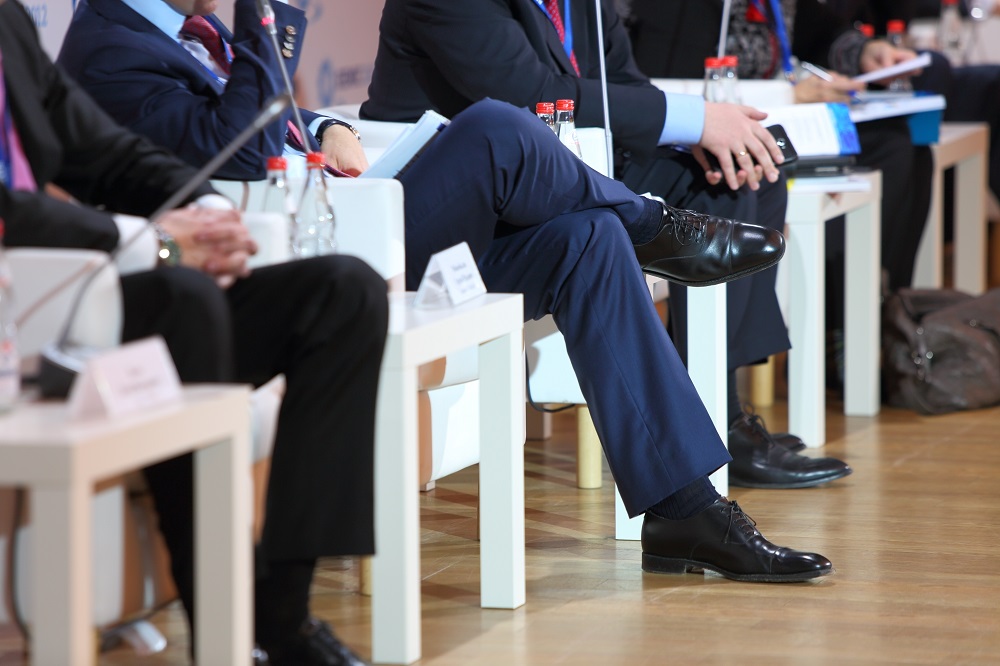
Cause for cheer
Despite the challenges that come with global environmental treaty-making, there are winds in the treaty’s favour. One is strong private sector participation, including market opportunities in tackling pollution, says Mr Vayas. “There is international support for a strong and rapidly developed plastics treaty, including from industry. They all recognise that dealing with pollution is critical,” agrees Professor Fletcher. A level playing field or minimum standard on how to manage plastics would allow companies to compete more fairly. There is also more public concern about plastics than issues like mercury, cadmium or asbestos, which are more technical. “We all know and see the bottle in the oceans, the plastic bag in nature,” says Mr Vayas. “People know how bad it is.”
The question now is whether negotiators can agree terms in time.
THANK YOU
Thank you for your interest in Back to Blue, please feel free to explore our content.
CONTACT THE BACK TO BLUE TEAM
If you would like to co-design the Back to Blue roadmap or have feedback on content, events, editorial or media-related feedback, please fill out the form below. Thank you.










